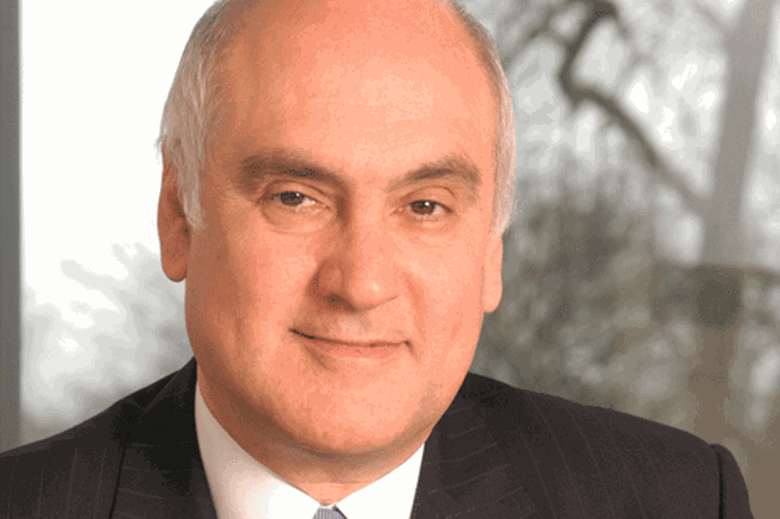Professionals decry Ofsted 'dawn raid' inspections
Gabriella Jozwiak
Thursday, January 17, 2013
Local government and education professionals have denounced Ofsted's decision to carry out "dawn raids" in local authority areas containing high proportions of under-performing schools.

The checks are part of a bid to end wide variations in school standards between council areas, and will investigate why children in some parts of England have a lower chance of attending schools rated "good" or "outstanding" than others in similar areas.
The inspections follow data published in Ofsted’s Annual Report in November 2012, which found marked variations in school performance between councils with similar demographics and levels of deprivation.
The first inspection began in Derby on the day of the announcement. The exercise will last for a week, in which time schools will be quizzed about the effectiveness of the support they receive from their local authority. Inspectors will also ask schools about the council's "vision" for school improvement.
“It cannot be right that in local authorities with the same demographics, the same sort of population, and the same levels of deprivation, parents have such widely varying opportunities of finding a good school,” said Ofsted's chief inspector, Michael Wilshaw.
“In some it is over 90 per cent, in others it is just over 40 per cent. This cannot continue. In these focused and concentrated inspection programmes, we will be seeking to determine whether councils are really fulfilling their statutory duties to promote high standards and fair access to educational opportunity.
“Ofsted will inspect without fear or favour, and with no preconceived idea of what we will find. If we find that the local authority is proactive in addressing the key issues, and standards are improving, that’s absolutely fine.”
Wilshaw said Ofsted would also scrutinise local authorities found to be underperforming through a new framework to inspect school improvement services, which will be piloted from April.
But David Simmonds, chair of the Local Government Association’s children and young people board, said Wilshaw was wrong to target local authorities, since the government's educational reforms had reduced their power over schools.
“Local authorities want to be able to intervene more quickly in underperforming schools but we are prevented from doing so as a result of decades of reforms to give schools greater independence and reduce what was perceived as council interference,” he said.
“We agree with Ofsted’s call for more to be done but, rather than extra inspections of councils, we believe pupils would benefit far more from government untying the hands of local authorities so they can get on with quickly and decisively helping the worst performing schools without first having to negotiate swathes of red tape and bureaucracy.”
Andrew Webb, vice president of the Association of Directors of Children’s Services, said Ofsted’s intention to gather evidence from schools was an “inadequate way” to assess local authority provision.
“Local authorities must be given the chance to offer their own input and evidence of the type of support they provide in order for Ofsted to be able to produce an accurate and robust report on which to base a judgment,” he said.
Chris Keates, general secretary of NASUWT, branded the inspections a “dawn raid” designed to “create a climate of fear and panic”.
“Today's announcement confirms what has been increasingly apparent over the last two years, that Ofsted is no longer an independent body operating in the public interest. It is now merely the Secretary of State's hit squad,” she said.
“The idea that these inspections will reveal any robust data about the performance of local authorities by questioning headteachers about the support they receive is risible.
“The punitive high stakes inspection regime means that any school involved in these inspections will understandably seek to protect itself from criticism by deflecting blame onto its local authority.”
Russell Hobby, general secretary of the National Association of Head Teachers, accused the inspections body of working with the Education Secretary Michael Gove to drive his academies agenda forward.
“We are concerned that Ofsted is straying from its mission to evaluate the quality of schools and joining with a controversial vision of replacing local authorities with chains of academies,” he said.
Christine Blower, general secretary of the National Union of Teachers, added: “Wilshaw’s latest announcement seems to be yet another way of forcing schools out of the local authority family and into the hands of academy chains and the Education Secretary himself.”




